Global artists speak out as Gaza war enters third year, marking cultural shift
As the war in Gaza moves into its third year, the global cultural community is no longer remaining silent. From red carpets to concert stages, actors, musicians and writers are raising their voicers framing Israel’s bombardment and blockade not only as a humanitarian crisis but as a moral test for the international community.
Oscar-winning actor Jennifer Lawrence is among the latest high-profile figures to weigh in. Speaking at the San Sebastian Film Festival in Spain, the Silver Linings Playbook star described the situation in Gaza as “no less than a Genocide”.
Lawrence drew a connection between the ongoing conflict abroad and political instability at home in the US, warning against what she called the “normalisation of lies” in public discourse.
“For our children, it’s going to be totally normal that politics has no integrity”, she said. “When you ignore what’s happening on one side of the world, it won’t be long before it’s one your side as well”. Expressing deep personal concern, Lawrence added: “I’m terrified for my children, for all our children”.
British actress Emma Watson, who faced backlash in 2022 for expressing solidarity with Palestinians, also re-entered the conversation.
Speaking on a podcast, the Harry Potter star recalled being labelled “antisemitic” for a post supporting Palestinian rights. “Calling me anti-Jewish was a way to discourage people from condemning terrorism or genocide in Palestine”, she said, stressing that more than 50,000 Palestinians including 17,000 children haven been killed. “Anti Semitism and speaking out against genocide are not the same”, she added.
Beyond Hollywood, artist across the music industry have mobilised through both protest and performance. Earlier this month, British musician Brian Eno organised a large-scale pro-Palestinian concert at London’s Wembley Arena.
The event featured appearances from Richard Gere, Damon Albarn, Portishead, Riz Ahmed, Paul Weller and others with proceeds going to humanitarian organisations working in Gaza.
Veteran artists Roger and Annie Lennox long time advocates for Palestinian rights have also remained vocal, alongside newer voices in the arts.
Other actors have taken to streets. In UK, Tilda Swinton was among the first public figures to back petitions and call for a ceasefire. In the US, John Cusack, Susan Sarandon, and Mark Ruffalo have joined protests, worn symbols of solidarity and spoken out against American military aid to Israel.
These individual efforts are being reinforced by large-scale collective action. A growing number open letters under banners such as Artists for Palestine UK, Film Workers for Palestine, Writers for Gaza and Musicians for Ceasefire have collectively gathered more than 16,000 signatures.
Of those, nearly 8,000 are from the music industry, 4,500 from film and television and around 3,000 from publishing and literature.
Critics of the war say this wave of cultural engagement marks a turning point. While it’s unclear whether this growing resistance will influence political outcomes, artists are increasingly using their platforms to spotlight the human cost of conflict and to challenge global leaders to act.
As one actor put it, “Ignoring injustice abroad only invites its echoes at home”. In an era of global interconnection, cultural figures are making it clear: silence is no longer neutral.
For the latest news, follow us on Twitter @Aaj_Urdu. We are also on Facebook, Instagram and YouTube.








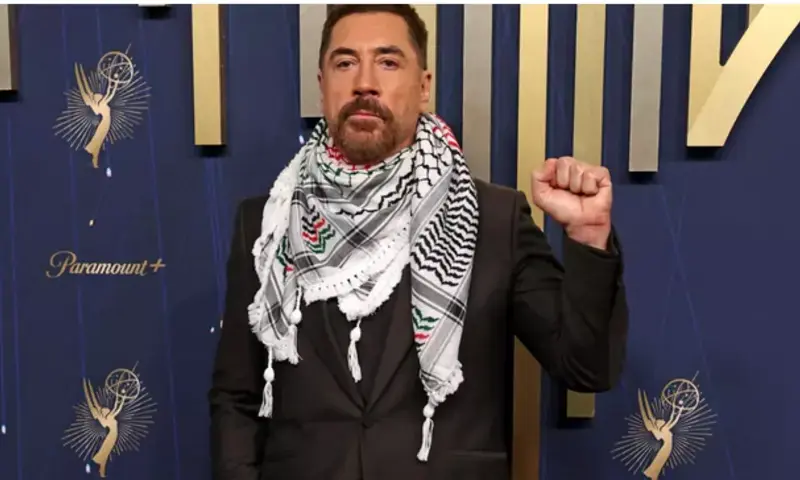














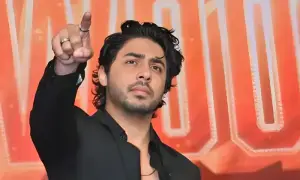
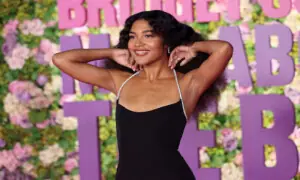
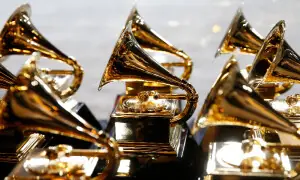
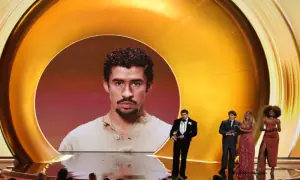
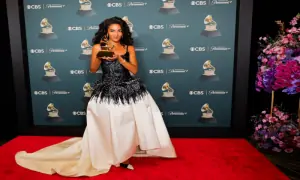
Comments are closed on this story.